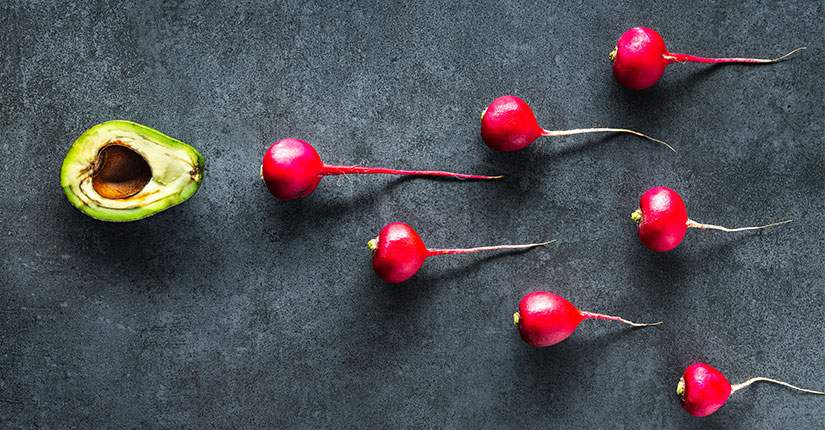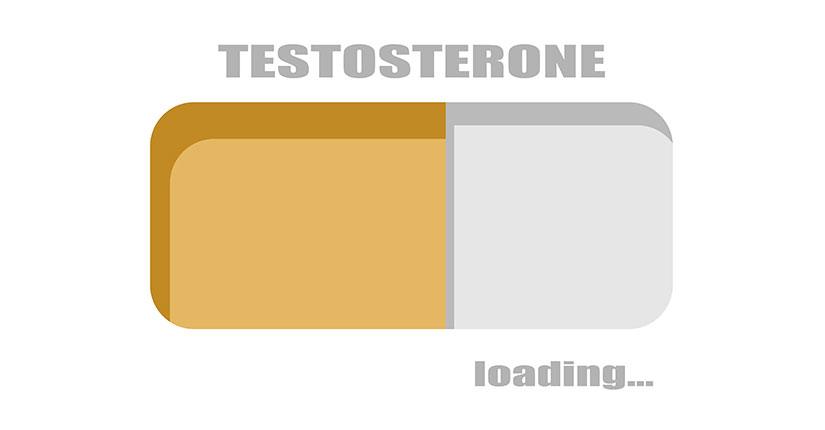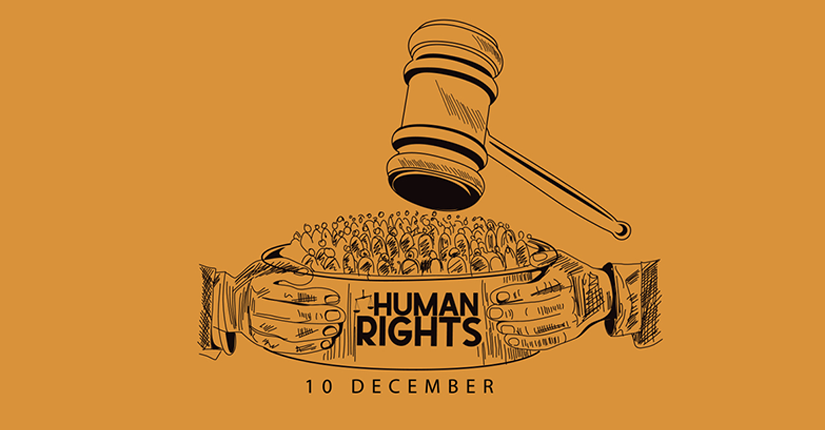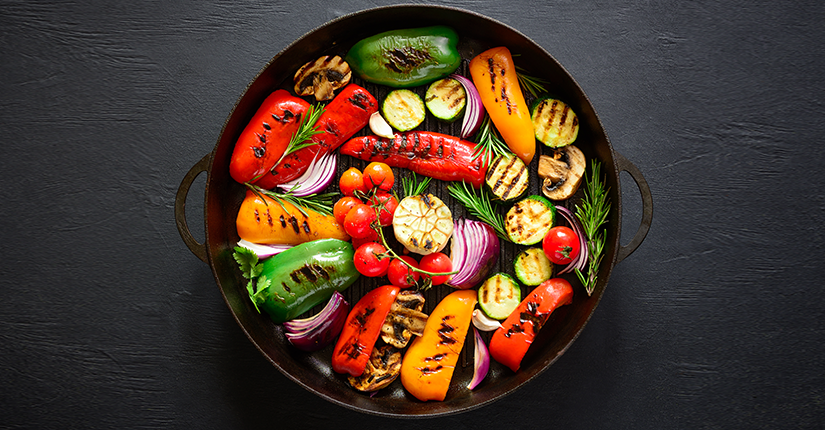Diet plays a vital role in whether you want to lose weight, improve heart health, or keep any other health problems away. Similarly, healthy eating sets the stage for a healthy pregnancy, and forms the foundation of a healthy eating strategy for motherhood and beyond. That’s a win-win combination no matter how you look at it.
So, if you have been having trouble getting pregnant, paying attention to your diet is important. A healthful pregnancy has always been linked to a good diet. Diet in women, affects fertility via ovulation. So, it becomes essential that proper hormonal function is needed for successful ovulation. Even though there is no specific fertility diet or food that will magically cause you to get pregnant, a well-balanced diet that is high in nutrition can support overall health in both men and women.
Hence, women that who are trying to conceive should try and follow these dietary recommendations and take certain steps:
1. The foremost tip is to cut down foods or drinks loaded with sugar along with foods high in ‘trans fats’ (that are baked or fried, or even margarine), that can shoot your insulin levels and hamper your ovulation process. Also, avoid sugary and aerated drinks.
2. Folate is the key to fertility and is helpful in having a healthy pregnancy. It helps decrease the risk of foetal abnormalities. Folic acid is not only wholesome to the woman, but also to the husband as it may help improve the sperm count.
3. Drink to your health. Water is termed as best for keeping your body hydrated. Coffee, tea, and alcohol are okay to take in moderation.
4. Substitute junk, processed, oily and spicy foods with fruits, vegetables, nuts, eggs and whole grains. Foods such as vegetables, fruits, nuts and grains are packed full of beneficial antioxidants like vitamins C and E, folate, beta carotene and lutein can improve fertility rates, especially among men with infertility.
5. Choose foods that are rich in iron like spinach, tofu, beans, pumpkin, tomatoes, and beetroot to enhance its intake. It is well known that any food rich in iron content helps lower risk of ovulatory infertility.
6. Consume one or two servings a day of whole milk or other full-fat dairy foods, such as yogurt, and less non- and low-fat dairy.
7. Maintain an optimum weight as weighing too much or too little can interrupt normal menstrual cycles, throw off ovulation or stop it altogether.
Over to you:
Fertility is an ongoing issue owing to the lifestyles and food habits that we follow today. Yet, it’s also not something that cannot be reversed. For good results, following a clean diet combined with everyday physical activity is recommended.






















